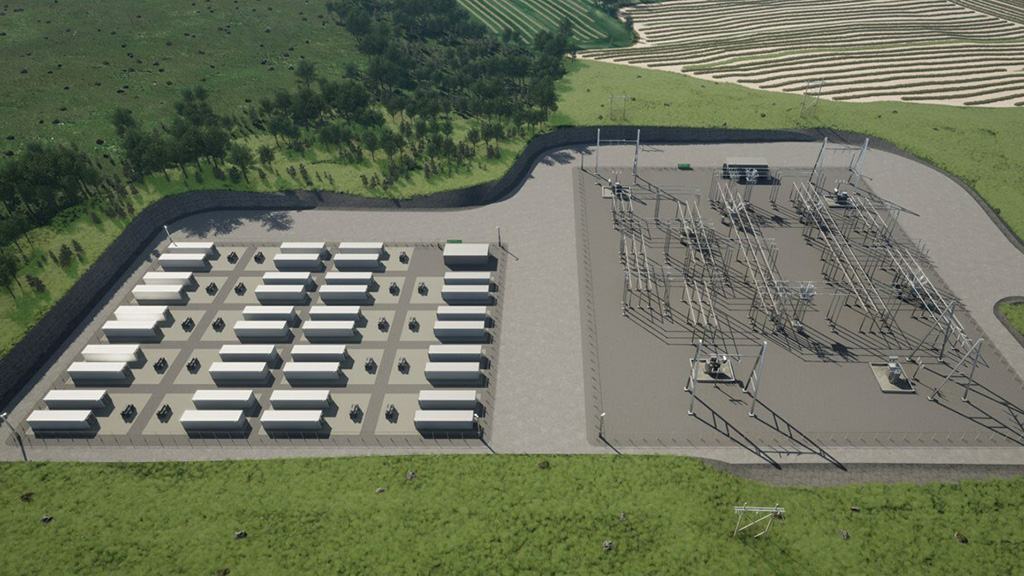OTTAWA – The Canada Infrastructure Bank (CIB) has announced it is committing $138.2 million to support the development of Atlantic Canada’s largest planned energy storage project by Nova Scotia Power Inc. (NS Power) in collaboration with Wskijinu’k Mtmo’taqnuow Agency Ltd. (WMA).
WMA is an economic limited partnership owned by 13 Mi’kmaw communities. Under terms of the arrangements, NS Power will receive a loan of up to $120.2 million while WMA will receive an equity loan of up to $18 million.
The project, which is subject to regulatory approval, involves the construction and deployment of energy storage facilities in the communities of White Rock, Bridgewater and Waverley, assisting in the province’s plan to retire coal-based power generation and reach 80 per cent renewables by 2030.
Phased construction activities on the proposed project sites are planned to begin in 2024 and continue through 2026, with the first site operational in 2025.
The project is also WMA’s first equity participation with Nova Scotia Power. CIB’s equity loan to WMA is its first under the Indigenous Equity Initiative.
“These 13 Mi’kmaw communities will be able to make an equity investment in infrastructure which will make a real difference for the province’s energy sector,” commented CIB CEO Ehren Cory in a statement.
“Creating a greener future is a priority for the Mi’kmaw Nation and WMA is proud to be doing our part to bring about positive transformations to the energy industry,” added WMA president Crystal Nicholas. “This investment in battery storage is a significant step towards true economic reconciliation and developing a more sustainable future for all Mi’kma’ki.”




A welcoming project for this area